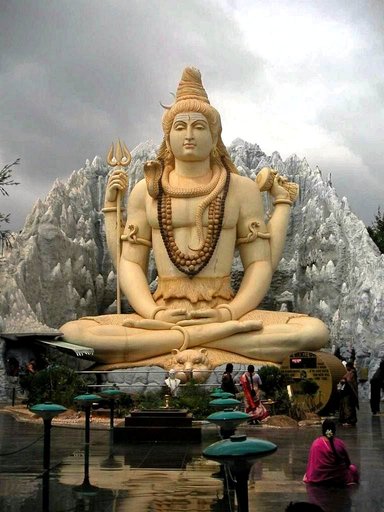Hinduism is known as the world’s oldest religion because its beginning precedes recorded history and is beyond human origins,² making it a mystical religion. Because of its mystical origin, Hindus consider it the “eternal way” or “eternal law”, known as Sanatana Dharma.¹
Hinduism is broken down into four denominations including Saivism,² Shaktism, Vaishnavism and Smartism and includes numerous other traditions of the Indian culture.¹
Hinduism is a classification of distinct intellectual or philosophical points of view, rather than a strict, common set of beliefs.¹ Although Hindus believe many diverse things, there are several solid beliefs that are commonly held by all Hindus.² Kauai’s Hindu Monastery (n.d.) provides a simple summary of nine common spiritual beliefs of Hinduism.¹
- Hindus believe in a one, all-pervasive Supreme Being who is both immanent and transcendent, both Creator and Unmanifest Reality.
- Hindus believe in the divinity of the four Vedas, the world's most ancient scripture, and venerate the Agamas as equally revealed. These primordial hymns are God's word and the bedrock of Sanatana Dharma, the eternal religion.
- Hindus believe that the universe undergoes endless cycles of creation, preservation and dissolution.
- Hindus believe in karma, the law of cause and effect by which each individual creates his own destiny by his thoughts, words and deeds.
- Hindus believe that the soul reincarnates, evolving through many births until all karmas have been resolved, and moksha, liberation from the cycle of rebirth, is attained. Not a single soul will be deprived of this destiny.
- Hindus believe that divine beings exist in unseen worlds and that temple worship, rituals, sacraments and personal devotionals create a communion with these devas and Gods.
- Hindus believe that an enlightened master, or satguru, is essential to know the Transcendent Absolute, as are personal discipline, good conduct, purification, pilgrimage, self-inquiry, meditation and surrender in God.
- Hindus believe that all life is sacred, to be loved and revered, and therefore practice ahimsa, non-injury, in thought, word and deed.
- Hindus believe that no religion teaches the only way to salvation above all others, but that all genuine paths are facets of God's Light, deserving tolerance and understanding.
Image source:
1. Wikimedia
References:
1. Kauai’s Hindu Monastery. (n.d.) Basics of Hinduism. Retrieved from https://www.himalayanacademy.com/readlearn/basics/nine-beliefs
2. Hinduism. (n.d.) Retrieved February 22, 2014 from http://en.wikipedia.org/wiki/Hinduism
